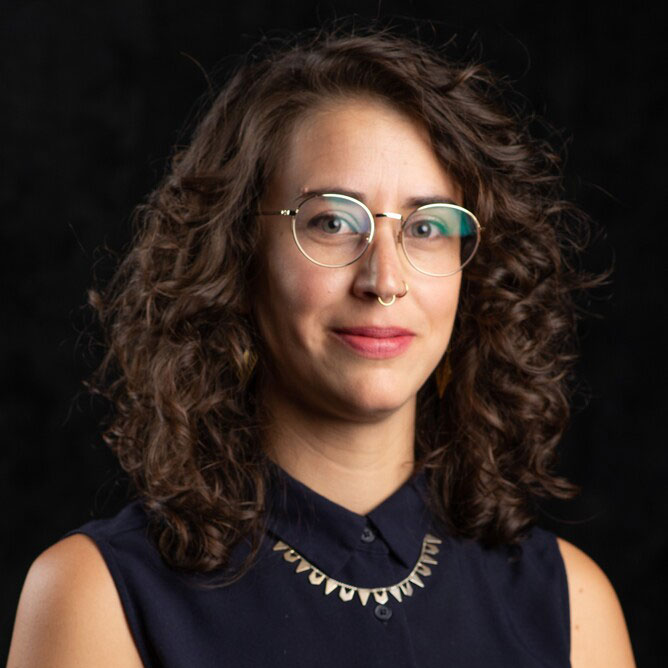Florencia Rojo, assistant professor of sociology, and her co-authors, recently published findings from a food insecurity study in Colorado Springs.
As part of the research, community partners conducted 35 interviews with residents of three food-insecure neighborhoods in Colorado Springs between 2019 and 2020. Rojo and other members of the research team then collaboratively analyzed the information.
Previous literature indicates that residents of low-income areas either lack appropriate knowledge about nutrition or lack the interest in pursuing a healthy diet, but this study challenges that belief. The findings of Rojo and her co-authors’ research indicate that residents of these three low-income neighborhoods had a complex understanding of healthy food and used various strategies to access the healthy food they desired.
Food to Power, a Collaborative for Community Engagement High Impact Partner, was a community partner on the research.
“Food to Power is a local food justice organization working to cultivate equitable food systems in our community,” says Rojo. “Being invited to collaborate with them as a research partner has been a transformative experience for me and has shaped how I think about food, community, collaboration, and knowledge-production.”
Along with Rojo, the research team included three Food to Power staff, a youth intern, and Eliza Guion ’20. “Each member of our research team made substantive, analytic contributions to this paper, highlighting Colorado Springs residents’ perspectives on food access,” says Rojo.
Guion, a sociology major and former sociology paraprofessional, began working on the research project as part of her thesis.
“I was really excited to use my two blocks of thesis to contribute work already happening in the Colorado Spring community. I’ve been involved with various food justice projects since early high school, and it just so happened that when I reached out to Food to Power, they were in the middle of their work on the Food Systems Assessment,” says Guion. “I am so grateful I had the opportunity to continue working with Food to Power after my thesis, and to co-author this paper. It allowed me to see how many of the concepts we talk about in sociology and in community-based research actually play out in the real world.”
Nina Goodkin ’23, Brianna Harshaw ’23, Maddy Johnson ’23, and Andra Metcalfe ’22 assisted with coding the interviews as part of Rojo’s Advanced Topics in Sociology: Community Based Research class last year.
“Having the research published makes me feel honored to have been part of the process,” says Harshaw, a sociology major and education minor. “Getting the privilege to work with the data and aid Professor Rojo and the Food to Power team in their work was special!”
“Working on the research project was an amazing experience that allowed us to apply concepts from class discussions and readings while also engaging with the broader Colorado Springs community. Importantly, the work was contextualized via in-class discussions on positionality, relationship building, and research approaches,” says Metcalfe, who was a sociology major and political science minor.
“It feels amazing to have the research published! More than anything, though, the research is a testament to Dr. Rojo’s efforts to cultivate meaningful and mutually beneficial connections between Colorado College, its faculty and students, and the broader community. It is a testament to the ongoing and influential work of Food to Power to transform our food system through co-powerment, community, and equity,” says Metcalfe.






